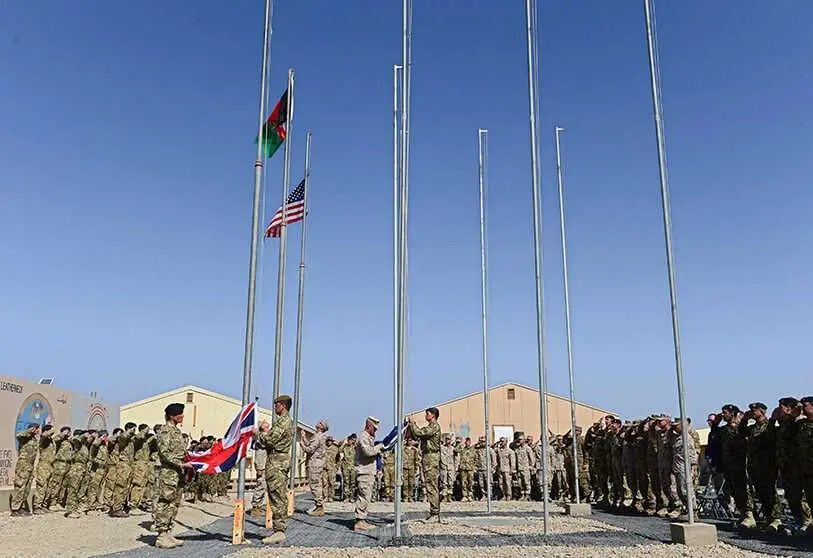Afghanistan: the end of the road?

The precipitous and chaotic US and NATO withdrawal from Afghanistan supports the myth that the Central Asian country is the tomb of empires. It is well known that neither Alexander the Great, nor Genghis Khan, nor the British or the Soviets were able to overcome the fierce resistance of the warlike tribes of the Hindukush mountain massif. What is perhaps less well known is that it took the Muslims themselves two centuries to impose the religion of Allah on such rugged territory. The West's disbandment, broadcast live this August, would thus be the latest infamous chapter in this story of failure. It is premature and risky to try to anticipate the geopolitical consequences, all of them serious, of leaving Afghanistan, but perhaps we can anticipate the most obvious ones.
The first is the obvious loss of prestige and credibility of the US as a superpower guarantor of the liberal international order and the security of its allies. I do not share the catastrophic judgements about the irreversible decline of the American leader, so often prophesied since the Vietnam War, since the US still has more military deterrent power than the sum of its two rivals, China and Russia. I believe, on the other hand, that we are witnessing a change in the US geostrategic paradigm, bringing to a definitive close the cycle of military land deployments in Asia (and the rest of the world) to export democracy and fight jihadist terrorism, which began 20 years ago with the launch of the "war on terror". Washington will focus, as both Trump and Biden have made explicit, on confronting the systemic rivalry to its global hegemony posed by an emerging China, through the articulation of an alliance of liberal democracies around a G-10.
The second obvious consequence will be the growing questioning of the relevance and effectiveness of the Atlantic Alliance, which has been badly damaged by its first major out-of-area operation. NATO went to Afghanistan as a gesture of solidarity with a US attacked on its soil on 9/11 in 2001, after invoking for the first time the collective security clause of article 5 of Washington's founding Treaty. A military action to fight terrorism ("Operation Enduring Freedom") evolved into one to assist, advise and train Afghan security forces ("Mission Resolute Support"). But the Alliance never played a leading role in political coordination or military planning in the Afghan conflict, merely ancillary to changing US strategies and tactics. Against this disappointing backdrop, the elaboration of its new Strategic Concept, scheduled for adoption at next year's Alliance Summit in Madrid, is expected to be particularly difficult. It is therefore urgent that the allies, led by the US, recognise the Alliance as a genuine forum for political debate and coordination and joint military planning, and equip it with the decision-making processes and operational capabilities needed to successfully address the new challenges and threats to the collective security of the West, based on disruptive technologies, cyberattacks, hybrid threats and mass disinformation. This is a Copernican shift.
A third consequence will be the need to set a more ambitious goal and accelerate the pace of the development of a Europe of defence, to build a powerful European pillar within NATO, allowing European strategic autonomy to act and project force beyond its borders to defend its own interests when its transatlantic allies choose not to do so. The imminent launch of the European 'strategic compass', which aspires to be a shared military doctrine that defines threats and addresses them jointly, should be a significant step forward in Europe's quest for geostrategic prominence in the new world order. Positioning Europe as a global actor will require decisiveness, commitment, investment and solidarity.
Otherwise, no one will immediately profit from the disaster in Afghanistan. The establishment of a radical Islamic regime, in which the Taliban will have to fight for power among its various families and on a par with even more extremist terrorist franchises such as ISIS-K and Al-Qaeda, will not bring stability to neighbouring countries: Pakistan, India, Iran, Russia or China. The latter two are frankly worried about a possible radical contagion to their own Muslim minorities.
Nicolás Pascual de la Parte, Ambassador-at-Large for Cybersecurity and Hybrid Threats/The Diplomat
